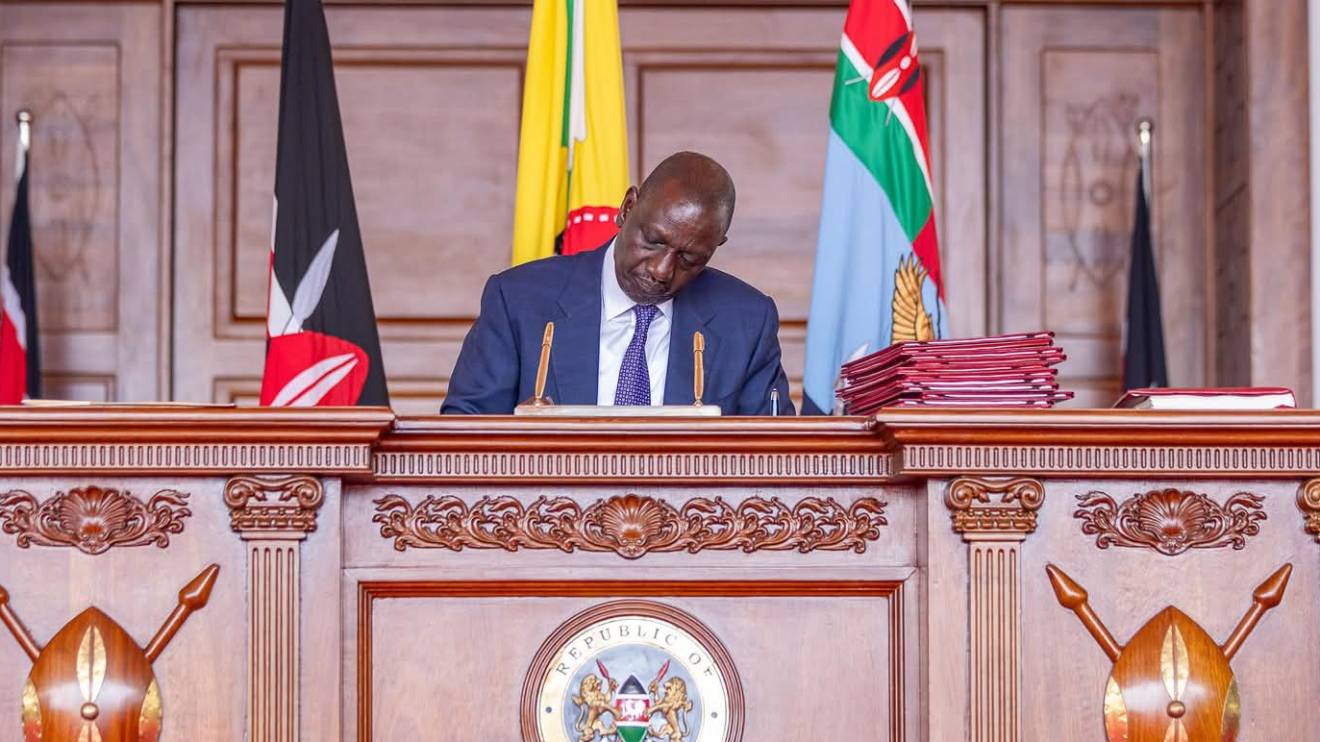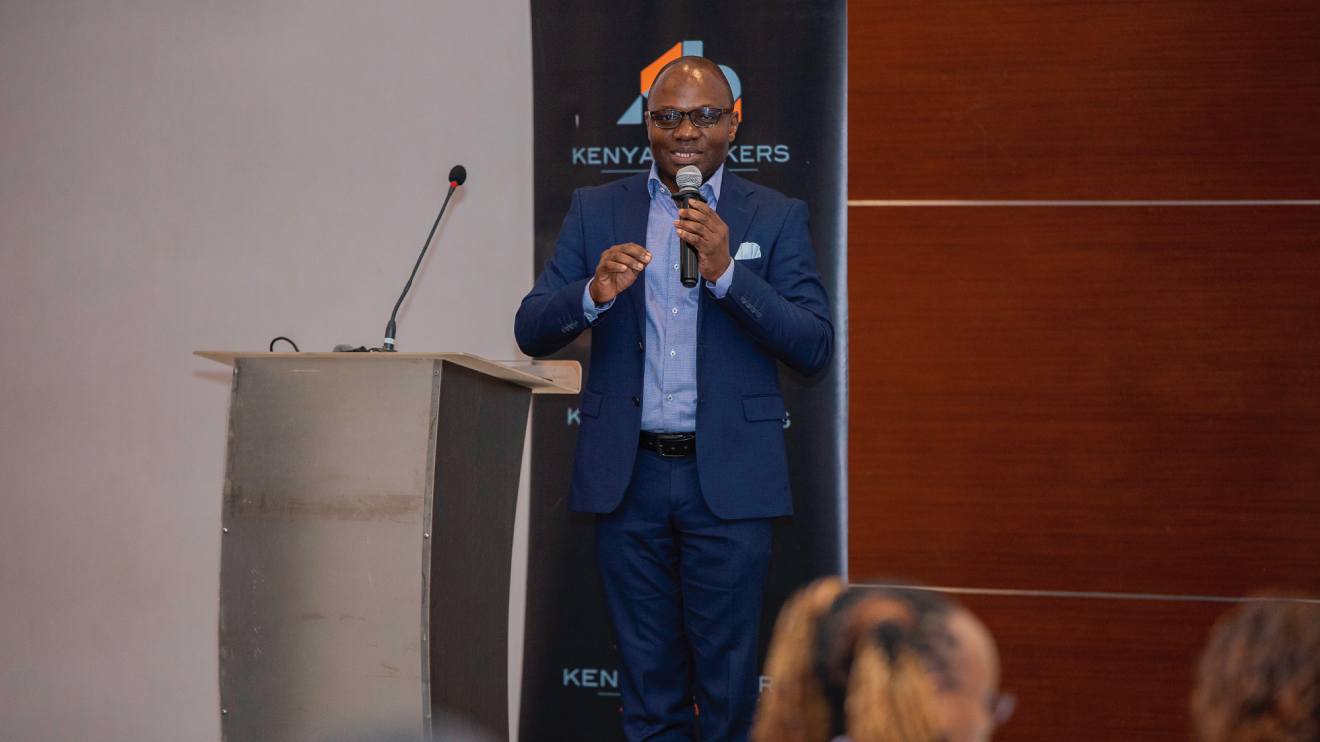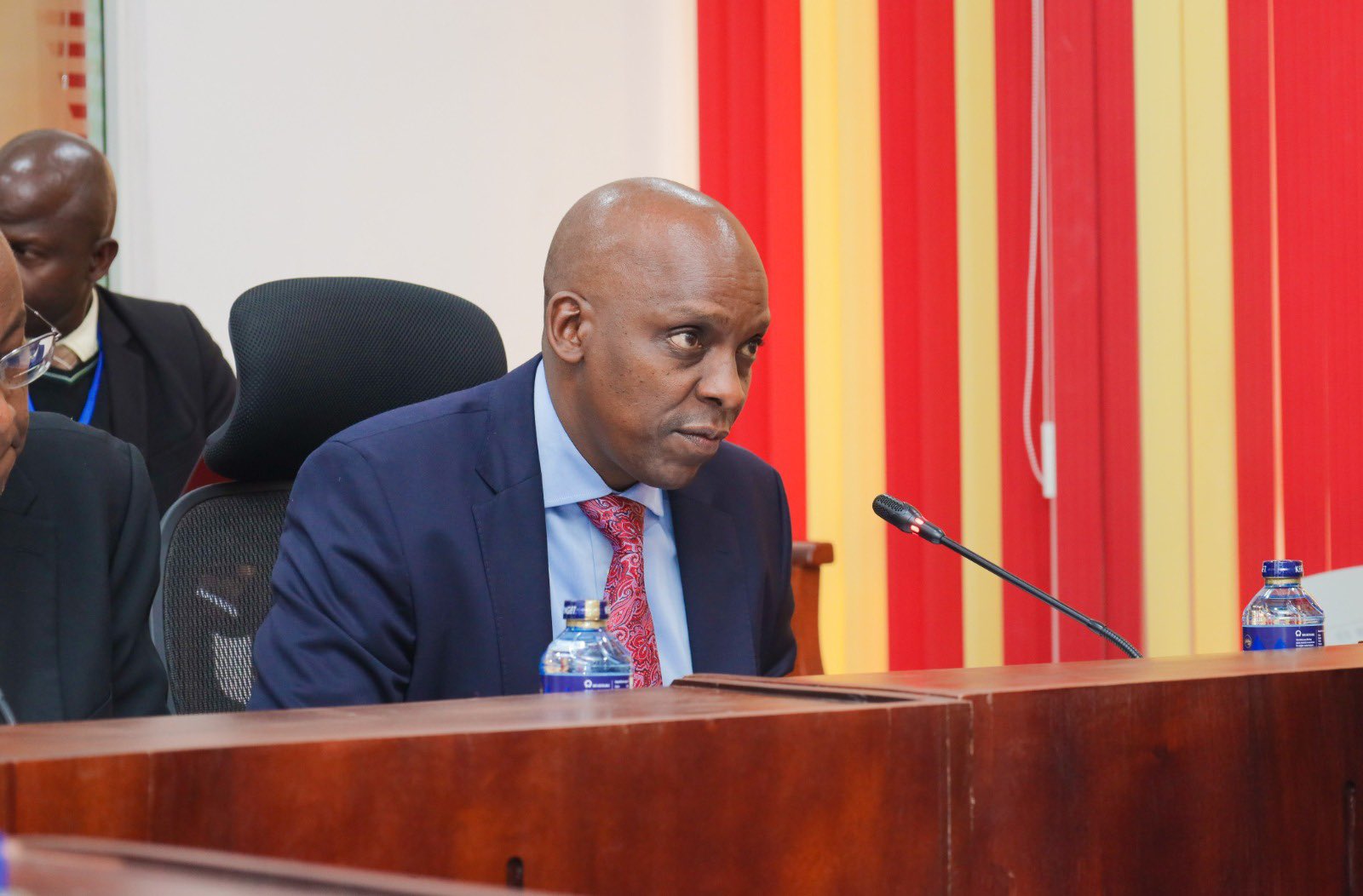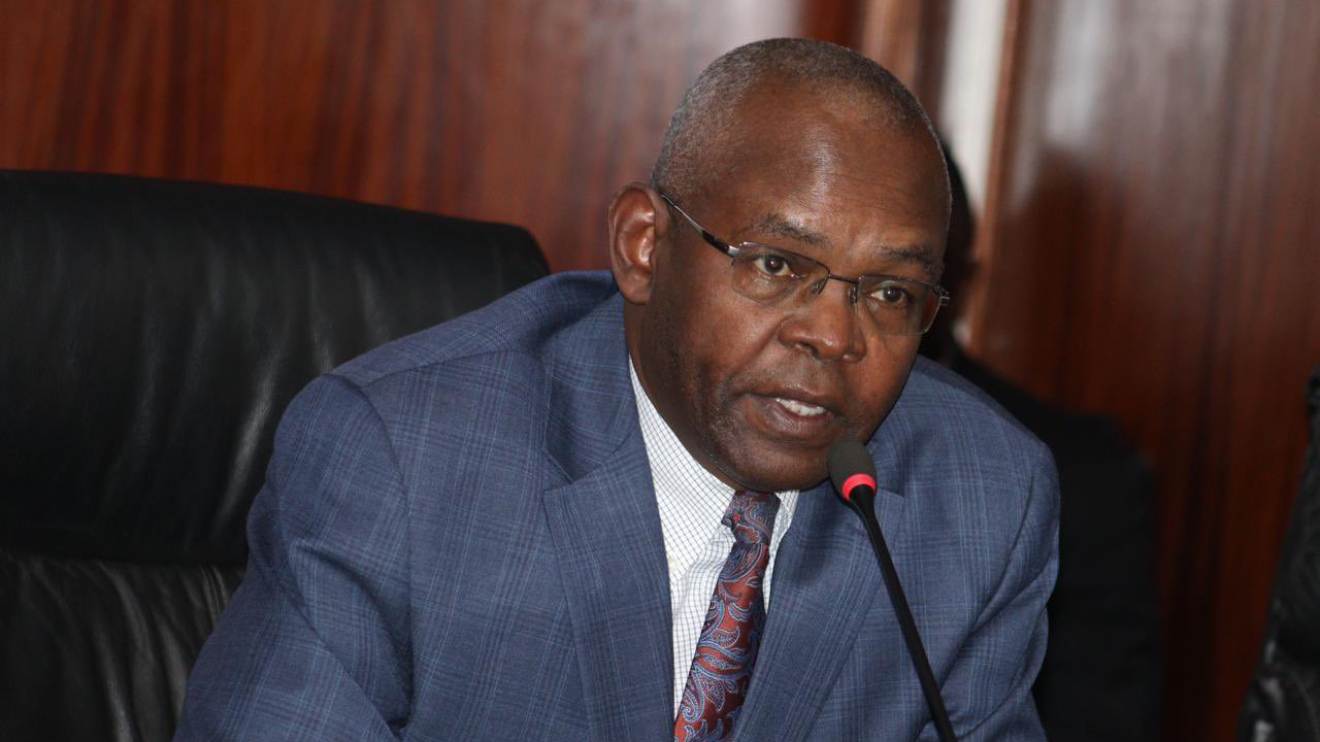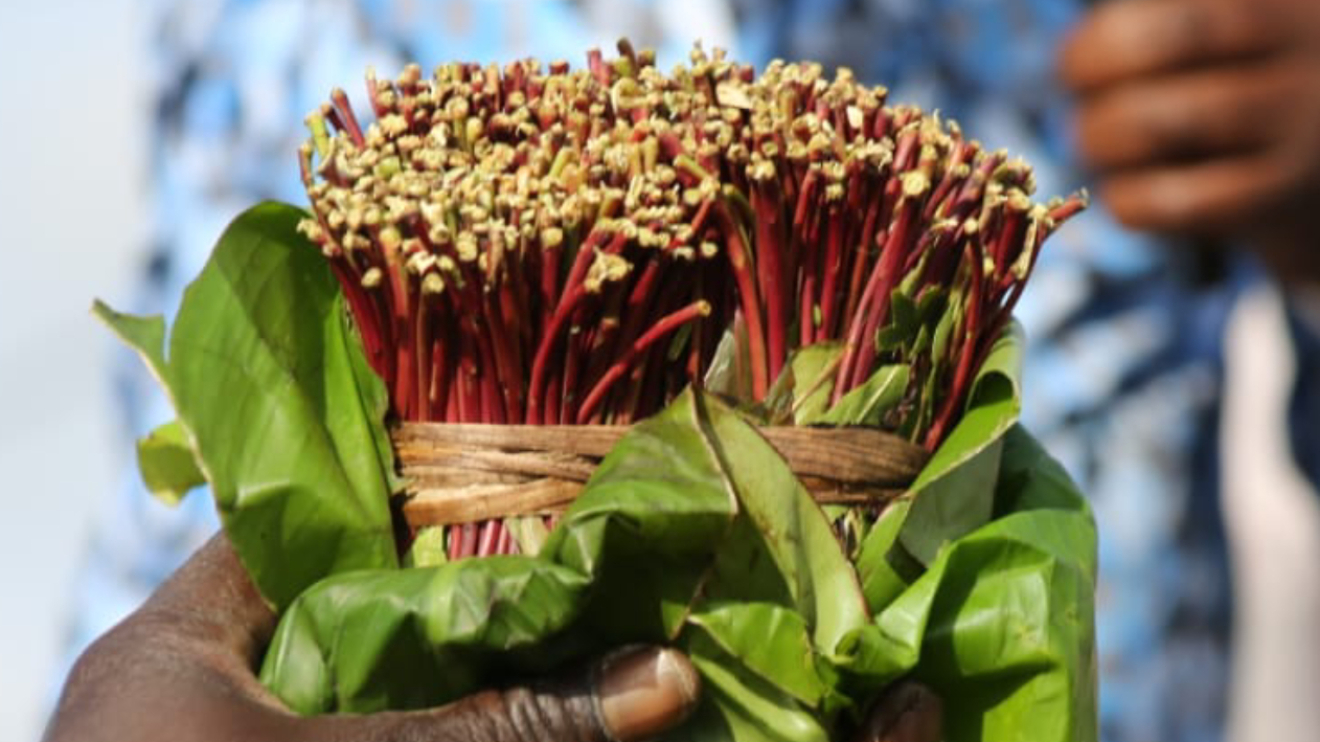President William Ruto's flagship, Universal Health Coverage (UHC) program faces an uncertain future due to significant budgetary cuts proposed in the 2024/2025 financial year.
Legislators have raised concerns about the program's viability with the allocated funds falling far short of the requested amount.
The State Department for Medical Services requested Sh319.4 billion for the upcoming year, but the Budget Policy Statement revised this figure down to Sh121.9 billion, with the annual estimates placing the final budget at an even lower Sh100 billion.
This substantial reduction has cast doubt on the ability to effectively implement the UHC program.
Critical Funding Shortfalls Threaten Key Initiatives
Read More
The budget shortfalls threaten several key initiatives within the UHC program.
The operationalization of the Social Health Insurance Fund (SHIF), designed to replace the National Health Insurance Fund (NHIF), faces potential collapse due to a Sh94.9 billion funding gap.
Similarly, the Primary Healthcare Fund, crucial for delivering services at the local level (hospitals level one to three), received only Sh4.1 billion of the requested Sh50 billion.
This lack of funding could strain the healthcare system, as Kenyans may forgo preventive care due to cost concerns, ultimately burdening tertiary-level hospitals.
The Emergency Chronic and Critical Illness Fund, which provides financial assistance for individuals with chronic illnesses like cancer, also faces a severe funding shortfall.
The program requested Sh49.5 billion but was allocated a meagre Sh500 million.
Members of Parliament Voice Concerns
Members of Parliament (MPs) expressed their apprehension regarding the program's future with the limited budget.
Seme MP Seme Nyikal questioned the viability of SHIF under such financial constraints, while Ndhiwa MP Martin Owino highlighted the importance of preventive healthcare and the detrimental effects of defunding the Primary Healthcare Fund.
Nyeri Town MP Duncan Mathenge warned of potential negative consequences for Kenyans due to the budget cuts and the shift from NHIF to SHIF.
He emphasized the need for transparency regarding the allocated funds in relation to tax deductions from Kenyan citizens.
Budget Shortfalls Impact Healthcare Institutions
The budgetary constraints extend beyond national programs, affecting various semi-autonomous government agencies.
The National Cancer Institute, for instance, received Sh1.7 billion against a requested Sh8 billion.
The Kenya Board of Mental Health suffered similar cuts, receiving Sh99 billion instead of the requested Sh200 billion.
Hospitals like Mathare National Hospital and Moi Teaching Referral Hospital also face funding shortfalls.
Mathare requested Sh1.05 billion but received Sh4.2 billion, while Moi Teaching Referral Hospital received Sh10.8 billion against a requested Sh14.2 billion.
Critical Medical Supplies at Risk
The underfunding extends to the procurement of essential medical supplies, with a Sh14.1 billion gap for HIV/AIDS treatment, family planning, and vaccination programs.
This shortage comes at a time when the country faces a shortage of newborn baby vaccines and has experienced recent measles outbreaks.
The Ministry of Health attributes the vaccine shortage to outstanding claims and a historical pattern of budget rationalization through Supplementary Estimates, hindering program implementation and leading to crises.
PS Medical Services, Harry Kimutai, requested that the Parliamentary committee allocate dedicated funding for these programs in the 2024/2025 budget to prevent further cuts through Supplementary Estimates.
Kenya's UHC program stands at a crossroads. With significant budgetary cuts and concerns raised by legislators, the program's effectiveness and ultimate success remain uncertain.

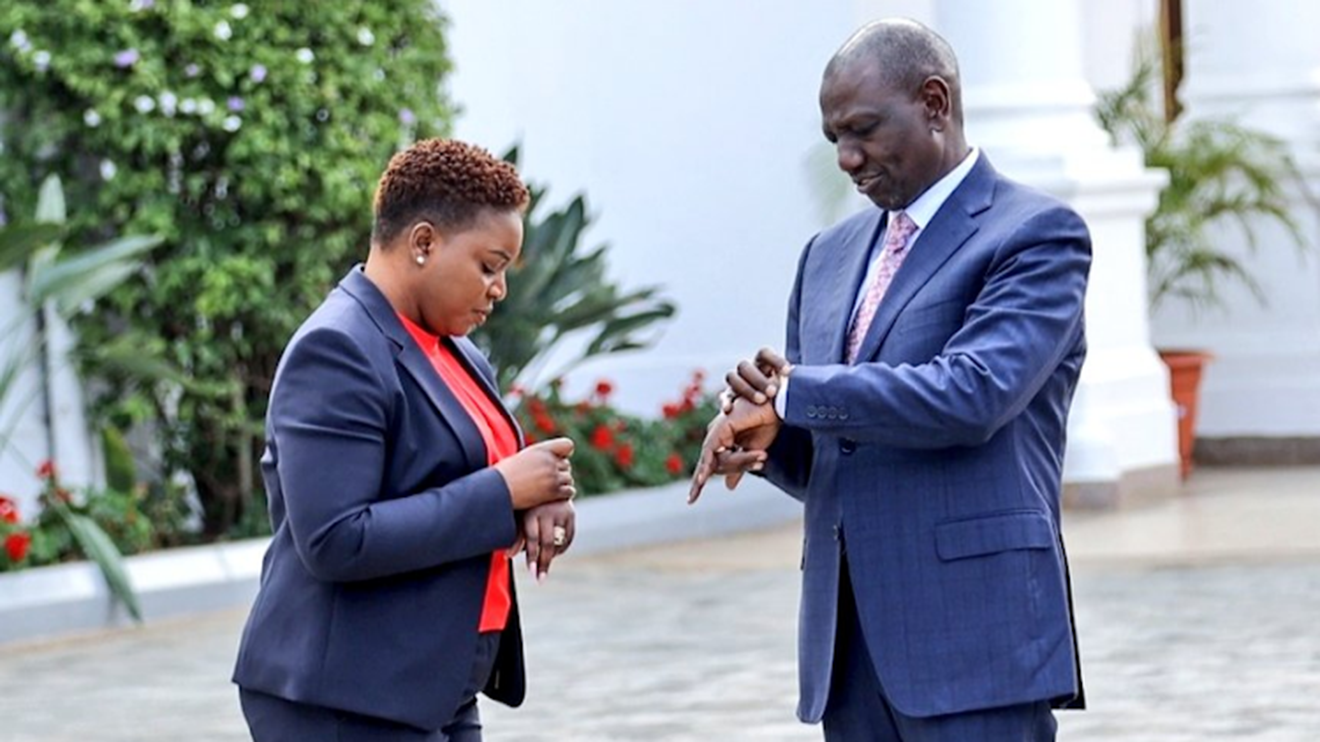

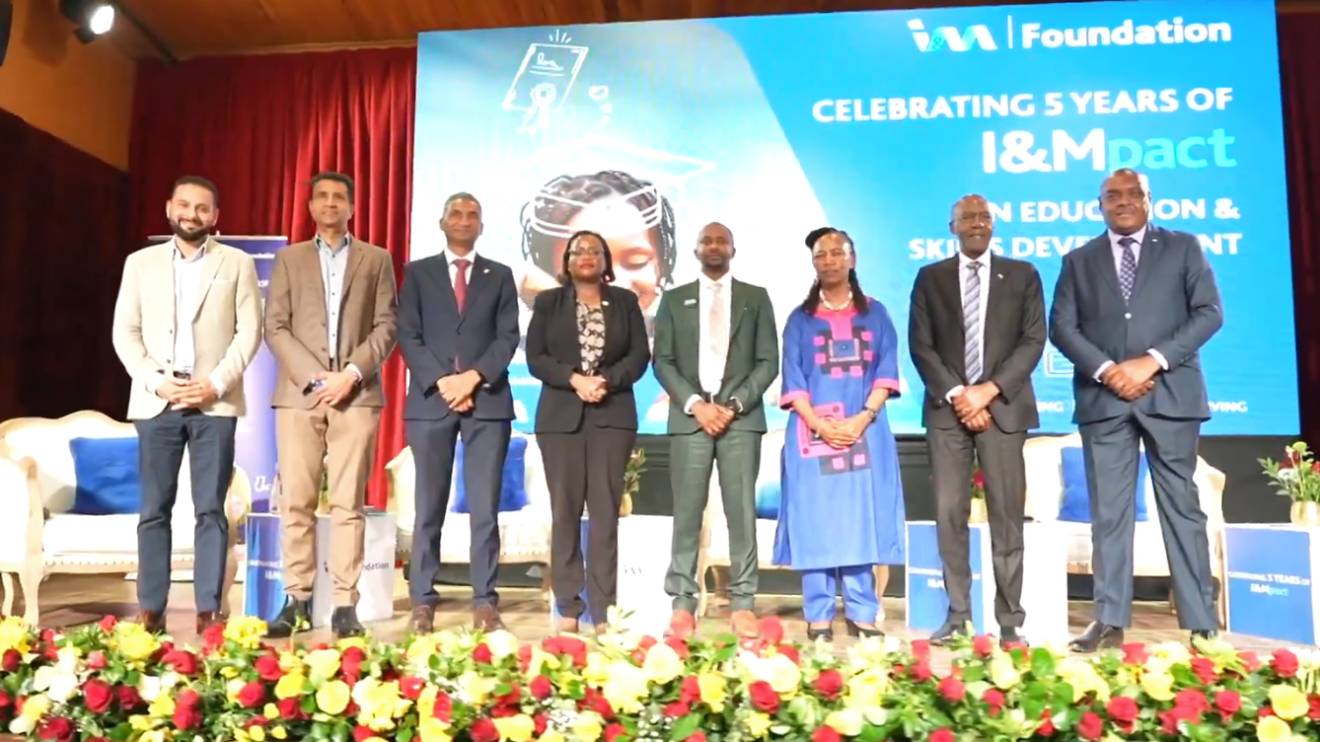


-1756319289.jpg)
